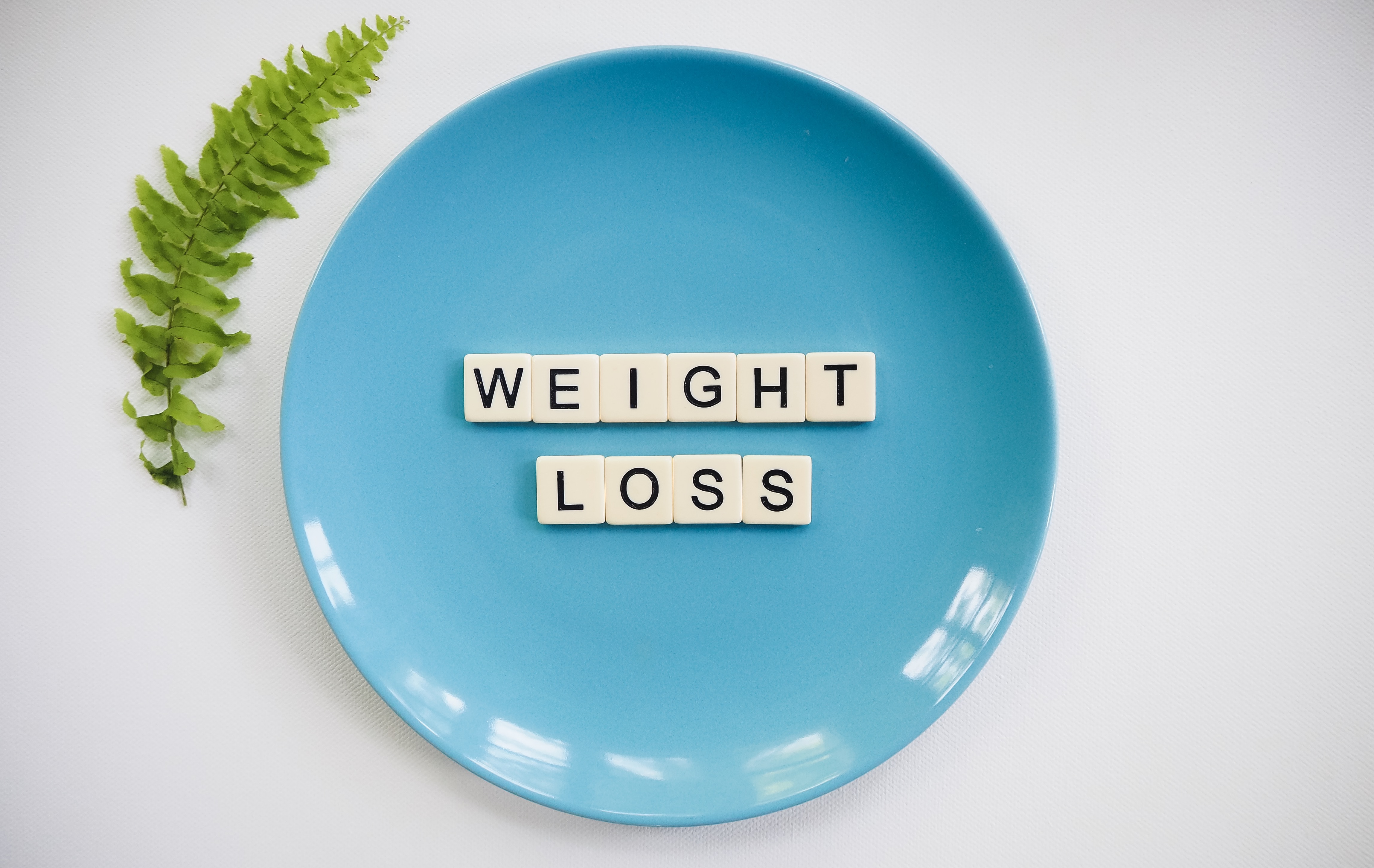It’s all about simple lifestyle changes, becoming more mindful of yourself & how your body reacts to different things
Every person is different, leading a healthier life is far from a one-size-fits-all shoe.
1) Caloric deficit / surplus
Look up how to use the MyFitnessPal, an app for tracking calories
If you are attempting to shed weight then follow the principle of “volume eating”, where the foods you consume is low in calories but high in quantity.
So food high in protein & fibre, I personally like “protein ice-cream” search up “Greg Doucette Protein Ice-cream”
The opposite applies if you’re a “hard-gainer” who can’t gain weight, you want to eat “high calorie dense food”
This doesn’t mean to stuff your face with fast-food every day, but search out “home-made mass gainer” & other ways to rapidly supplement calories when you either dont have time to cook or are too full
Drinking your calories can fool your body because you can drink more quickly than chewing tells you you’re full & you don’t have to digest liquid so much as meat & broccoli
2) Resistance training
This can be either Calisthenics (body-weight training) or weight-lifting, either works well as long as you use “progressive-overload”
You want to work each main muscle group 2-3x a week
This is because every time we supply a muscle with training stimulus we illicit a process known as “muscle-protein synthesis”, where our bodies partition protein to re-building muscle tissue while we sleep & recover.
This process usually lasts 48 hrs but is said to be lower with more trained people & sometimes longer with beginners.
Remember, muscle isn’t built in the gym, it’s built while we sleep, our gains are also relative to the quality of our sleep/nutrition & general health (low stress etc)
“Progressive overload” is the principal of training harder than the previous time
Our bodies adjust to the stimulation we supply it, so to keep our bodies adjusting at the rate we desire we have to increase the workload adequately
Think of the kid who carried the baby cow up the mountain, as the calf grew so did the person.
Progressive overload can be reached by increasing weight or volume/number of reps & sets
3) Cardio & Mobility
I just advise a 10 minute walk after each meal
5 minutes one way, 5 minutes back.
You will likely find yourself loving the walks & heading out for even longer, but so long as you’re getting 10 minutes.
It’s less difficult than the idea of 30-60 minutes on a treadmill every day, for the majority individuals.
It’s a great idea to address any mobility problems you have, for instance I can’t squat without falling backwards, so I’m increasing my ankle & hip flexibility
Mobility can be integrated into off-days, post work-out etc.
4 ) Nutrition
The major point is getting 0.7-1g of protein per lb (pound) of lean body-mass
So if you weighed 300lbs but were 100lbs overweight then you’d want 200g protein a day, maximum.
Don’t worry about other macro-nutrients at this time
As long as you’re consistent with your calories/protein consumption & training your body/physique will recompose itself.
5) Rest & Recovery
Focus on getting good quality sleep
Muscle is NOT built in the GYM, it’s built while you SLEEP.
SLEEP HARDER THAN LAST TIME
Lack of sleep also throws your hormones out of equilibrium, which WILL negatively impact fat-loss & muscle growth.
Look up methods to get more quality sleep, here are some of my techniques.
Bedtime routine, I like to have a shower, brush my teeth & read a book in bed
Over time these rituals will subconsciously prime our body for sleep
Restrict exposure to blue-light (light from screens)
Blue light inhibits our bodies ability to naturally make “Melatonin”, the sleep hormone which is responsible for controlling our sleep cycles, like REM (rapid eye movement)
Many screens have blue-light filtering settings, although I’m not sold on how reliable they are.
It’s also a benefit to limit social media, youtube etc, as they can be very stimulating
There are pills for sleep but they should typically only be used for the short term to help readjust our sleep patterns
Sun-light & exercise as soon as we wake up
This helps restart our circadian rhythm (internal body-clock)
An effective way to couple the two is to go on a morning walk, it doesn’t have to be long (5 minutes one way, 5 minutes back)
6) Supplementation
Attempt to reach as much of your nutritional needs through whole-foods! but don’t be scared to supplement where needed
Protein powders
WPI (whey protein isolate)
Organic unflavoured/un-sweetened protein powder is the best for you, but it should not hurt to drink the sweetened stuff temporarily
However, with time the preservatives can negatively impact your gut health, leading to a number of problems, such as decreased ability to actually digest & partition nutrients
For long-term health attempt to stay with whole-foods as much as possible, but in the short term it should be okay (see your doctor if you have any gut issues)
Vitamins
There are some basic ones I suggest, like Cod Liver Oil & for most people Vitamin D3
But before taking a lot of nutritional supplements I recommend you to get a blood-test & ask the Dr, General Practitioner what you’re lacking or too high in.
Then adapt your diet to add food high in these micro-nutrients & supplement as needed
It’s also a good idea to regularly get blood tests every 3 months to assess what response you’re achieving from how you adjust your diet and exercise
Click here for to read about finding the right weight loss program for you:
